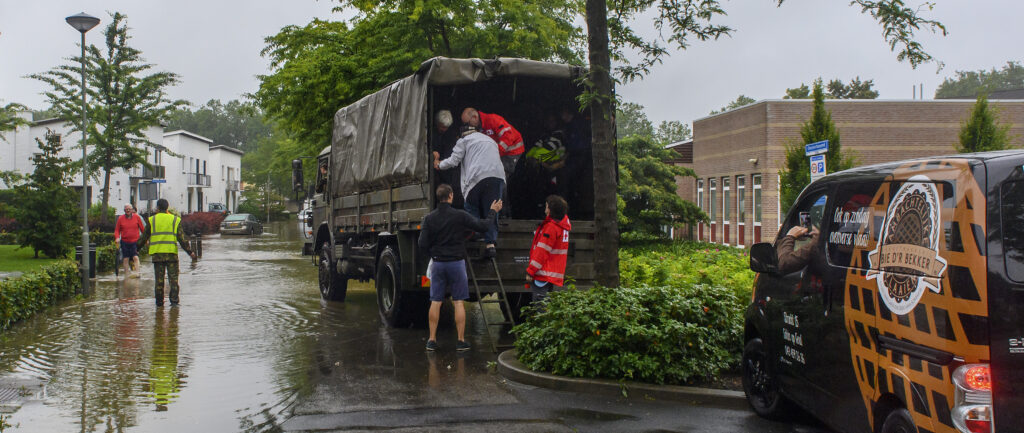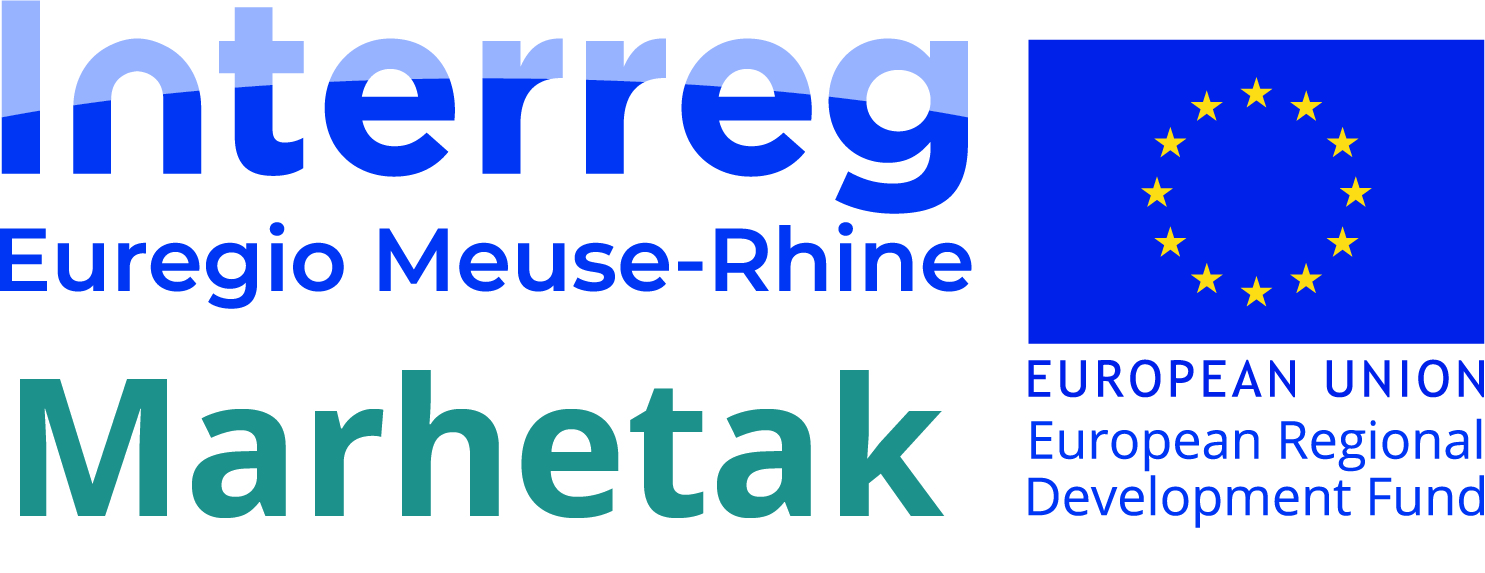WP 4 Coordinated cross-border crisis management
The aim of this workpackage is the improvement of cross-border assistance and crisis management involving all levels. In the case of major disasters (including flooding), cross-border assistance by supra-regional (read national) organizations may be necessary. The possibilities of these organizations (armies, civil protection, Technisches Hilfswerk) will be examined in this work package, both legally and operationally. In other words, what kind of assistance they can and are allowed to deliver, also cross-border, and how they can be asked for assistance. These possibilities will be included in the existing Euregional assistance plan under EMRIC.

At the operational/tactical level people know how to find each other during crises, but at the strategic level, these contacts can still be improved. This is mainly due to the differences in structures in the three countries. In one country, responsibility for a decision may lie on the regional level, whereas in another country it might lie on the federal level. It will be examined whether, and if so how, the strategic levels (federal, national) can be better linked to the regional levels so that decisions can be better coordinated. The outcome will be a document that describes which organizations in the three countries have the same powers in the event of a crisis, such as flooding. It will describe the cross-border information needs of those organizations and how to possibly connect them.
Furthermore, a study will be conducted which is dedicated to crisis management across the border. Specifically, it will examine how to improve the communication and coordination at the political level of crisis teams. Research will be performed into innovative forms of cooperation and crisis management at the strategic political level, applied to horizontal relations between the responsible political figures in the EMR (mayors, Landräte, provincial governors) at the local and sub regional level, and to the vertical coordination with the national/regional level. The study will be conducted by a third party.
Lastly, an e-learning module about the possibilities of cross-border assistance on all levels will be made, targeted at the operational crisis teams members, dispatch center and emergency responders at the EMRIC partners. In other words, what help can be delivered from all possible (public) services to the crisis partners in the EMR.
